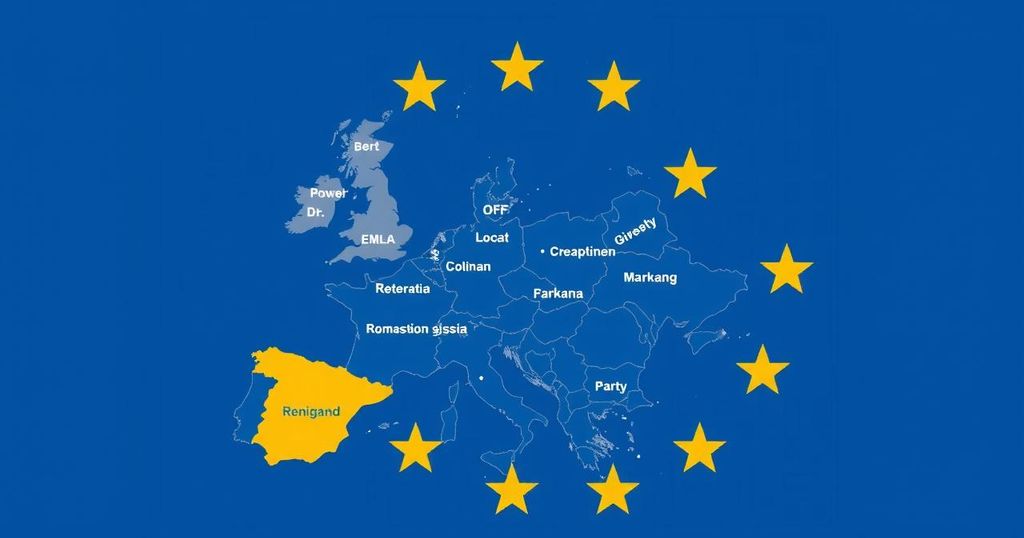EU Faces Criticism for Indirect Role in Forced Deportations and Migration Management Failures

The EU has been implicated in forced deportations from Türkiye, highlighted in a report detailing its funding of detention centers where individuals endure abuses. Despite European Commission President Ursula von der Leyen proposing ‘return hubs,’ over 60 NGOs oppose EU cooperation with Tunisia due to safety concerns for migrants. Additionally, more than 310,000 individuals have fled Lebanon into Syria amid escalating conflicts in the region.
A recent investigative report has brought to light the European Union’s (EU) indirect role in facilitating forced deportations from Türkiye to both Syria and Afghanistan. The report, compiled by Lighthouse Reports in collaboration with notable news organizations, details how the EU has contributed significant financial resources towards the establishment of a covert deportation framework operating just beyond its frontiers. Reportedly, individuals from Syria and Afghanistan have found themselves detained in EU-funded facilities where they endure torture and maltreatment, culminating in their forced removal. A harrowing account from a former detainee elucidates the brutal conditions faced: “I was going to buy household supplies when the Turkish police arrested me. In prison, we were severely tortured, beaten and insulted. They forced us to sign voluntary deportation papers.” This distressing situation has not gone unnoticed, with Ursula von der Leyen, President of the European Commission, advocating for the creation of “return hubs” as discussions regarding migration advance within the European Council. On the diplomatic front, conflicting interests have emerged regarding cooperation with key regional partners on migration control. A leaked Council document indicates a lack of enthusiasm on the part of Egypt and Tunisia to finalize migration agreements with the EU, while prospects for collaboration with Libya appear more favorable. Reports from over 60 NGOs have raised significant concerns about Tunisia’s safety, advocating for the cessation of EU-Tunisia migration initiatives due to the current human rights violations reported against migrants and refugees in the country. As a consequence of escalating conflict in Lebanon, over 310,000 individuals are now seeking refuge in Syria, exacerbating the humanitarian crisis in the region.
The context of increasing migration pressure in Europe is catalyzed by various geopolitical conflicts, especially in the Middle East. The EU’s strategies to manage these migratory flows have come under scrutiny, particularly regarding the funding of detention facilities outside its borders, which reportedly violate human rights. The implementation of EU policies aims to curb irregular migration, yet the involvement of third countries such as Tunisia and Libya raises ethical and legal concerns, especially as many NGOs have expressed their disapproval due to the unsafe conditions faced by migrants. The upcoming discussions within the European Council promise to shape future policy frameworks, including the controversial concept of “return hubs” that may further complicate the asylum process.
In summary, the EU is at a critical juncture concerning its migration strategy, facing accusations of complicity in human rights abuses via forced deportations and the establishment of non-compliant partnerships with various North African states. The ongoing conflict in the region has led to a surge in migration, highlighting the urgent need for a response that respects human rights and upholds asylum obligations. The forthcoming discussions and proposed policies will serve as crucial determinants of the EU’s approach to migration management moving forward.
Original Source: ecre.org








